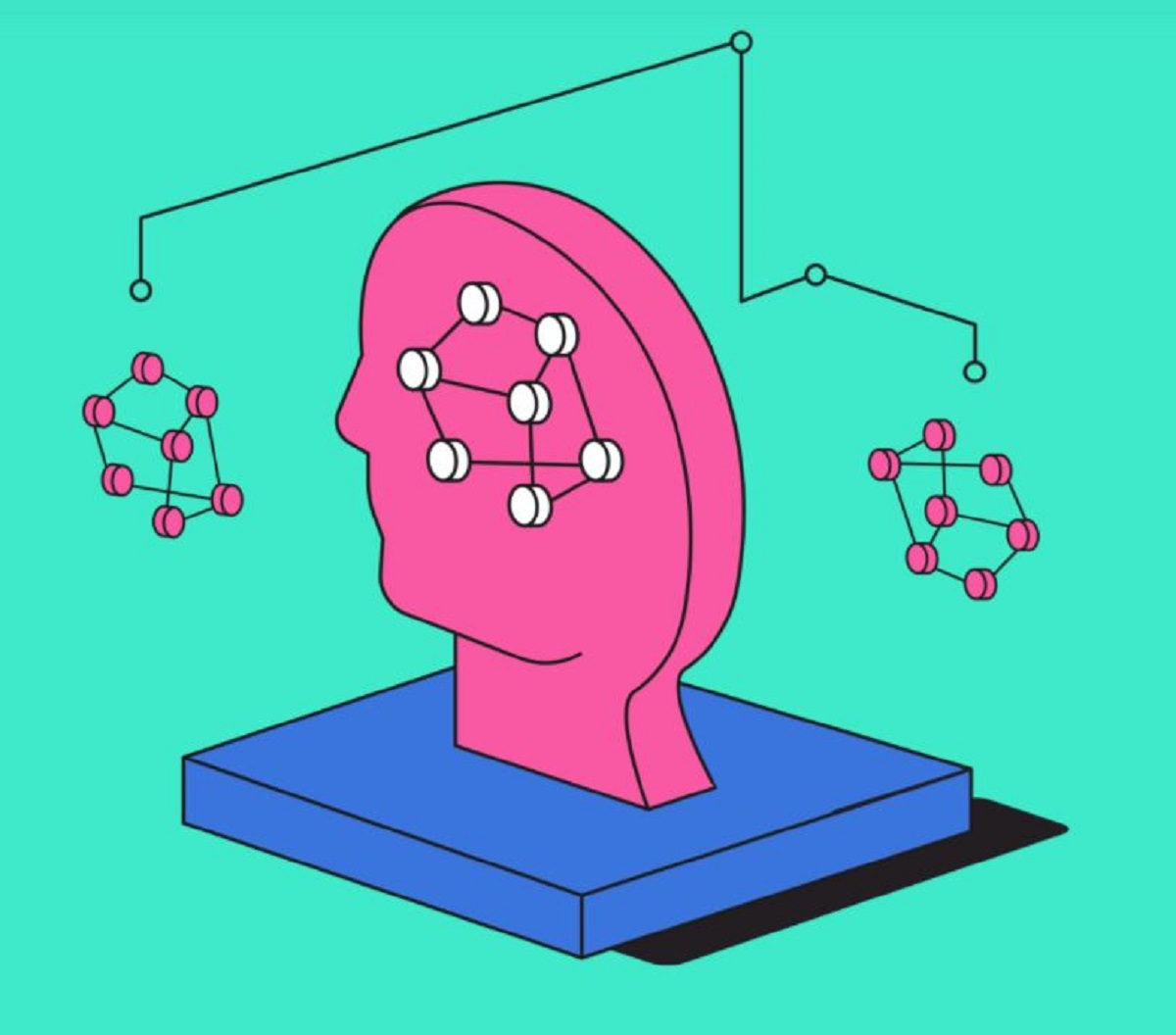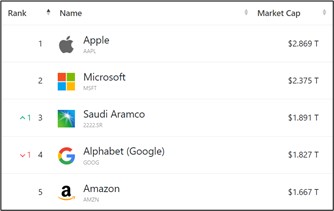
We use decision intelligence to help retailers and brands make better, faster and more unified decisions about their customers and products. But what is decision intelligence and how can it help you?
Information overload.
The Sugababes. 90s girl group with catchy songs? Or wise prophets, years ahead of their time?
“I’m on overload in my head
Train comes I don’t know its destination
It’s a one-way ticket to a madman’s situation.”
They seemed trivial at the time, but these lyrics pretty accurately describe how many of us feel as we cautiously enter 2022.
Information overload is a primary cause of poor decision making, or worse still, decision paralysis. And it’s only getting worse. We are constantly bombarded with information at every turn. From social media, news outlets, so called business gurus, family, friends – you name it. And we simply can’t cope.
According to Daniel Levitin, a neuroscientist and leading authority on the subject, “the human brain is in a state of constant distraction. These unending distractions come out of a continuously updating information stream primarily from online communication and social media”. Multitasking to the point of brain fatigue leads to “a depleted state in which, after making lots of insignificant decisions, we can end up making truly bad decisions about something important.”
To give an idea of scale, researchers at Cornell University estimate the average adult makes about 35,000 remotely conscious decisions each day! So, failure to make good decisions has a massive impact.
Decision making has become a critical capability.
Humans have a lot of trouble translating torrents of information into effective decision making – this directly transfers to the organisations we work for. After all, businesses are fundamentally driven by people. Even in the age of AI and automation, people still ultimately dictate how decisions are made. The impact of those decisions is getting more significant; therefore, decision speed and quality are paramount.
A McKinsey survey found that “respondents at the few companies that excel at decision making, which we call decision-making ‘winners’, report the ability to perform well on both measures (speed and quality of decisions) while also seeing better financial results. Specifically, the winners make good decisions fast, execute them quickly, and see higher growth rates and/or overall returns from their decisions.”
Major factors dictating the increased importance of business decision making include ever increasing consumer expectations (I blame Google and Amazon), competitive pressures and global economic uncertainty, caused in no small part by health pandemics and political instability.

There’s now huge pressure on all sorts of decisions. Strategic decisions, such as ‘what products and services should we offer our customers?’ or ‘shall we invest in offering lower prices or enhanced customer services?’, all the way through to tactical decisions, such as ‘what products shall we show each customer who visits our website?’ or ‘which image should we put at the top of our marketing emails?’
Supporting individuals to make the best possible decisions, in any situation, is vital.
Decision intelligence to the rescue?

In the face of such pressure, it’s logical to look for support from technology to improve decision making. More specifically, AI and data science. These much-heralded disciplines indeed offer great potential to help us cut through the forest of information and improve the odds of making the right calls. However, a few words of caution.
Finding, hiring, and retaining AI and data science talent is HARD! Covid-19 has dramatically increased the already fierce war for talent in this space. With remote working now commonplace, a retailer in Runcorn could feasibly complete with a Silicon Valley tech giant for the same software engineer or data scientist, with little doubt about who the candidate would choose.
Thankfully there’s hope on the horizon, and it comes in the form of the recently established discipline of decision intelligence, pioneered by Cassie Kozyrkov, Google’s Chief Decision Scientist. The decision intelligence movement is rapidly gathering pace, fuelled by Gartner naming it one of their top strategic technology trends for 2022.
Like many other technology trends, the definition of decision intelligence varies according to who you ask. For example, Cassie Kozyrkov refers to it as “an interdisciplinary field concerned with all aspects of decision-making. It combines Data Science (statistics, machine learning, AI, analytics) with the Behavioral Sciences (psychology, neuroscience, economics, and the managerial sciences).” Whereas Gartner state “decision intelligence improves organisational decision making by modelling decisions through a framework.”
Customer-led decision intelligence, powered by AI and data science.
As for HyperFinity, we believe in keeping things simple. We also firmly believe delivering the best possible experience for customers is by far the most important thing a business can focus on to deliver commercial growth.
Customers expect relevant experiences at every turn, delivered instantly, as they’ve come to expect from the likes of Amazon, Google, Netflix, and the world’s other leading consumer bands.
Therefore, to us, decision intelligence is enabling people to make better, faster decisions which centre around customers, and ultimately drive improved commercial results.
So how do we enable more intelligent decisions? Our belief is that AI and data science offer incredible potential to improve customer understanding and make more effective decisions. And to unleash that promise, people responsible for making those decisions need easy access to tools that enable them to apply these cutting-edge technologies.
Given the chronic shortage of AI and data science talent globally, we’ve focused on developing a product and supporting services which make them easily accessible to any business user.

Our HyperFinity software joins the dots between customer, product and click data to enable decision intelligence from one powerful, centralised platform. HyperFinity allows non-technical business users to apply sophisticated data science and AI techniques to make unified, customer-led product range, pricing, marketing, and supply chain decisions.
For example, decision intelligence can be used to ensure the most compelling product range possible is offered to customers. In this example, affinity analytics helps us understand the deep relationships between customers and the products they buy and browse, then uncover customer need states – essentially how they make buying decisions. Armed with this insight, merchandisers can make much better decisions, informed by actual customer behaviour and needs, about the product range they buy and present.
This can be built on further by creating rich attributes against products, applying language customers use. For example, a jumper could be described by a consumer as ‘cosy’ and ‘fashionable’. By using rich attributes, retailers and brands can make more intelligent decisions about how they merchandise products on websites and in-store, increasing the customer experience and improving conversion rates, a fundamental lever of revenue and profit.
The power of better decision making.
We’re already seeing clear evidence of outsized commercial results from other companies applying decision intelligence, powered by AI and data science.
Apple, Microsoft, Alphabet (Google) and Amazon, four of the world’s leading companies by market cap have built their businesses on this premise.
Many other consumer brands we know and love are following their lead. Think Airbnb, Deliveroo and Spotify, of those established in recent years. Even long-established brands are scrambling to adopt a similar approach in the hope of not becoming extinct. Some are doing this very successfully, such as Disney and Walmart. Others will fail and be leapfrogged by more agile, forward-thinking market entrants.
One thing is for sure: decision intelligence, powered by AI and data science, has the potential to revolutionise the ability of companies to make better commercial decisions. Those who can put it in the hands of all business users, not just highly technical staff, and use it to focus relentlessly on delivering better customer experiences, will reap handsome rewards.
Fancy reading articles like this straight from your inbox? Sign up to our mailing list.



